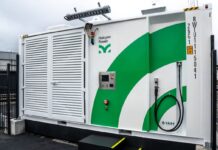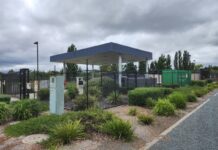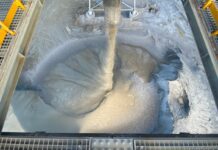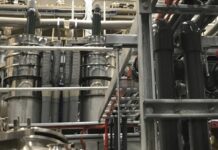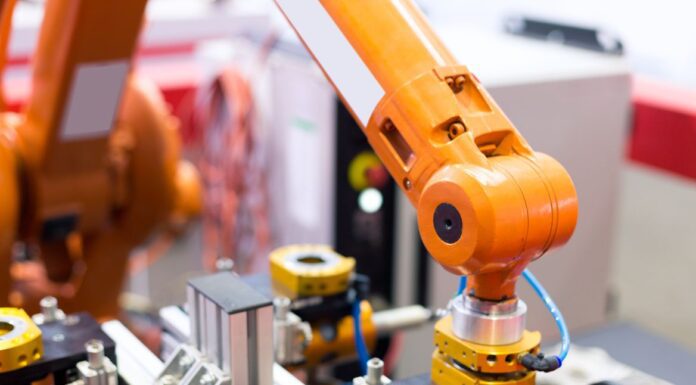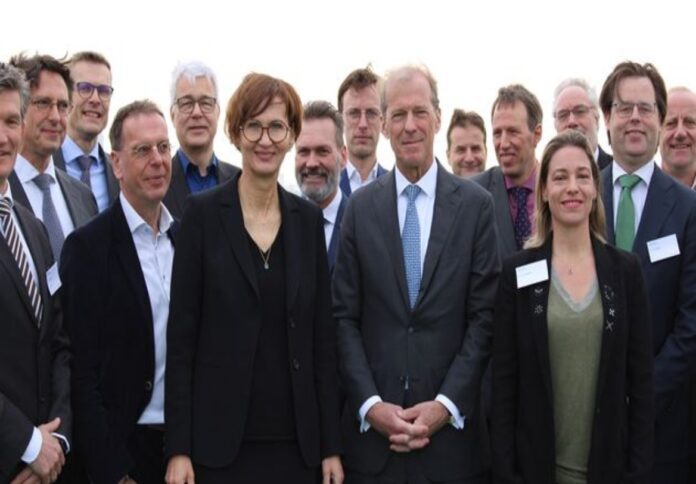
The Mid-West Port Authority of Western Australia, the Port of Rotterdam, and Germany’s Fraunhofer Institute for Solar Energy Systems (ISE) are now taking the next step in developing a joint hydrogen hub in Western Australia, known as TrHyHub.
During the German minister for Research and Education’s visit to the port of Rotterdam on 13 February, the Port of Rotterdam Authority and Germany’s Fraunhofer ISE confirmed their intention for further partnership.
The Dutch and Australian ministers for Climate and Energy had already signed a partnership agreement in this area earlier this year.
The tri-national cooperation aims to support the establishment of a hydrogen hub for large-scale hydrogen production for both local use and export to northwest Europe.
The Netherlands and Australian governments have shown a desire to collaborate in four areas including hydrogen trade policy, standards and certification; port infrastructure and the development of supply chains; innovative hydrogen technology; and government policy for safety, training, regulations and social support for hydrogen.
These are the same goals that both Fraunhofer and the Port Authority are dedicated to achieving.
Meanwhile, the Port of Rotterdam and Fraunhofer are the first to join forces on the Oakajee project, which enables imports from Western Australia.
The partners claim that due to its ideal wind and solar power generation conditions, the Oakajee Strategic Industrial Area (SIA) has the potential to become one of Australia’s or the world’s greatest hydrogen-producing locations.
For the three participating nations, this agreement to build the hydrogen hub provides both business opportunities and the potential to hasten sustainability.
Green hydrogen may be used in the transportation and industrial sectors to cut carbon emissions, which is why parties from the three countries have already signed a number of agreements for continued collaboration.
The current agreements stem from the joint feasibility study on the opportunities and conditions for importing hydrogen from Australia; the HySupply study.


